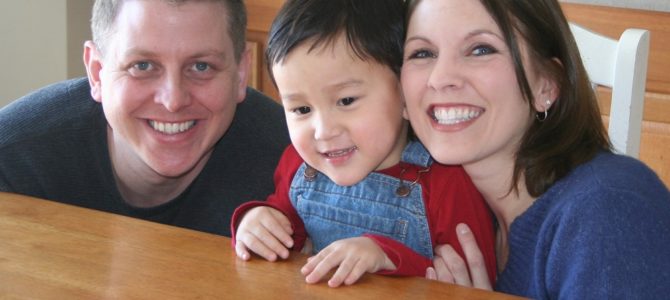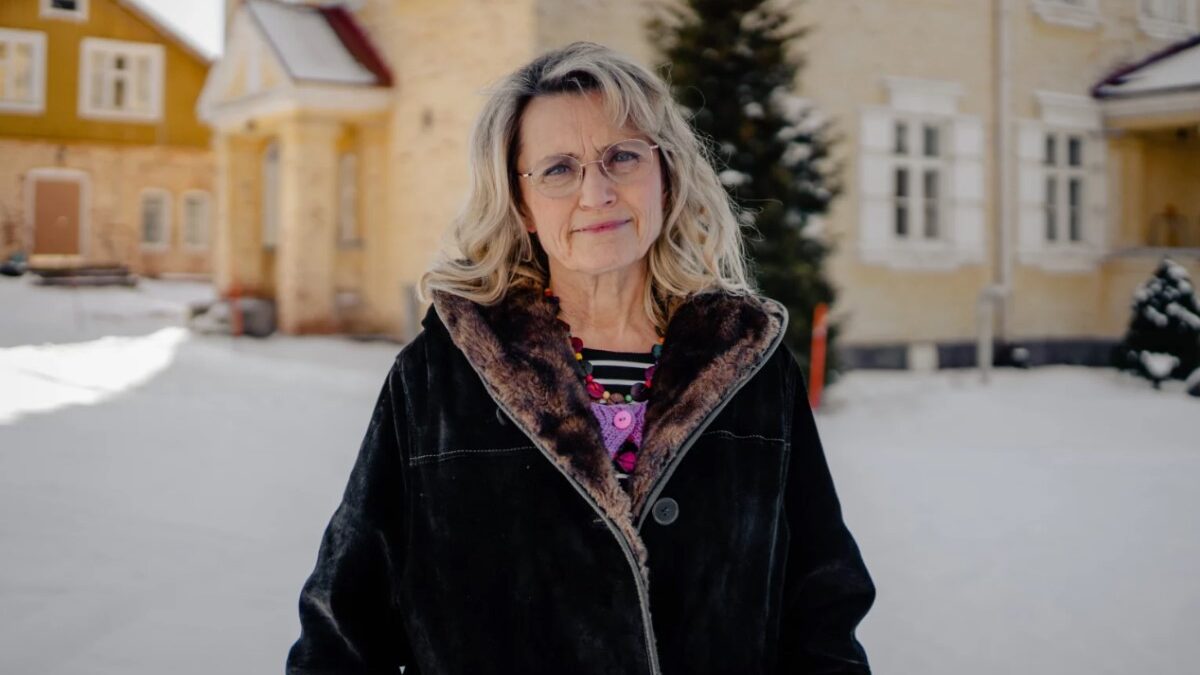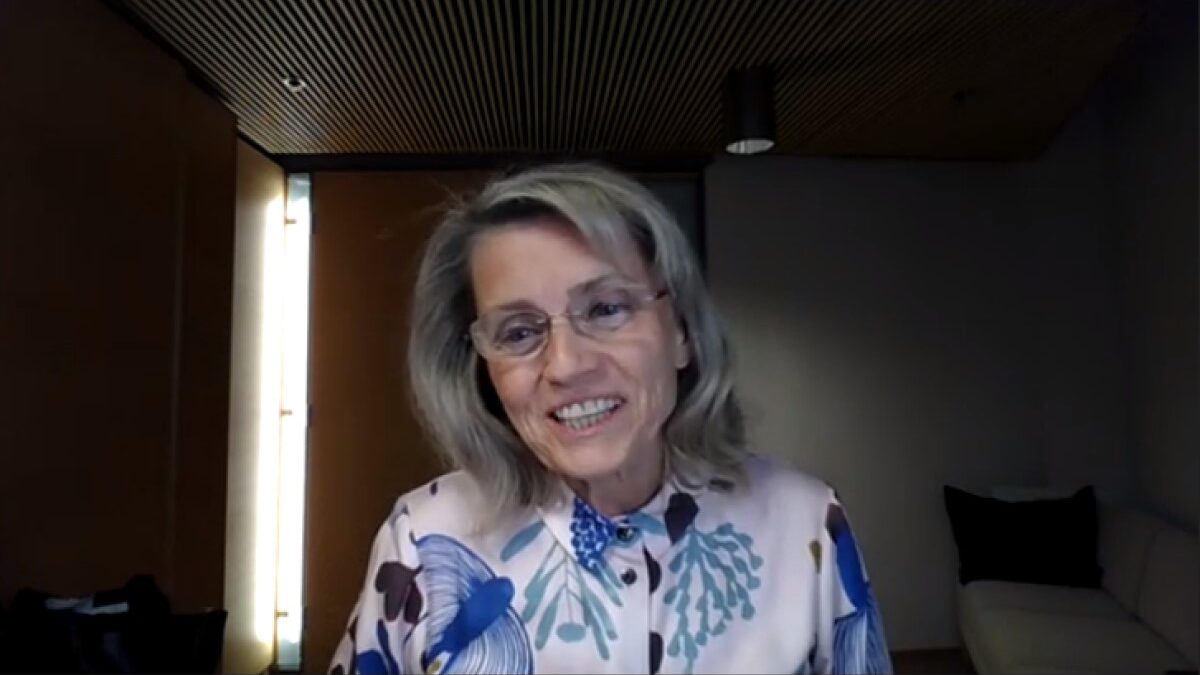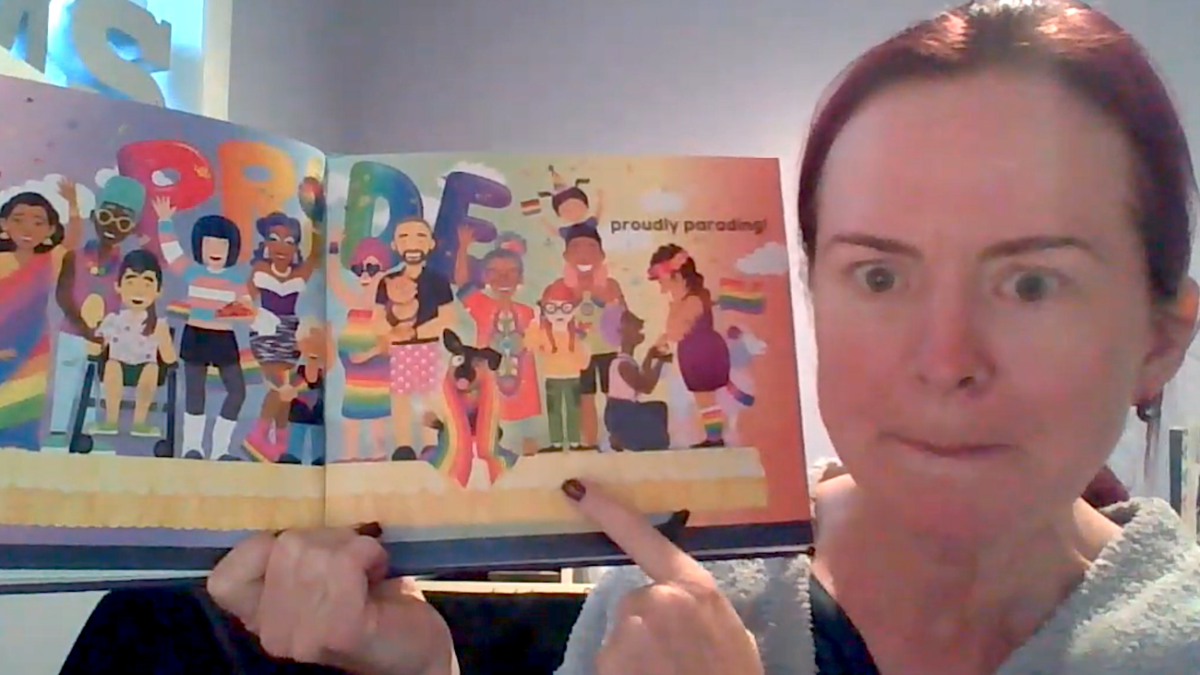
At the National Prayer Breakfast, President Trump addressed the increasing crisis that faith-based adoption agencies face as they ward off lawsuits from the likes of the American Civil Liberties Union (ACLU), which is has them in court over applying their faith in placement decisions. Meanwhile, children languish in limbo, waiting for a home simply because these adoption agencies are operating in accordance with their religious beliefs.
“My administration is working to ensure that faith-based adoption agencies are able to help vulnerable children find their forever homes while following their deeply held beliefs,” Trump said. The lawsuits that target faith-based adoption agencies highlight a growing lack of concern toward the least and most helpless in our society — children — and demonstrate the importance of faith-based Americans’ freedoms.
A Brief List of the Lawsuits
Several faith-based adoption agencies are fighting active lawsuits in a handful of states around the country. Here are just a few.
In Pennsylvania, the Philadelphia’s Department of Human Services (DHS) severed state referrals to Catholic Social Services because of the latter’s religion. The city announced in March 2018 it wouldn’t partner with CSS or Bethany Christian Services since the agencies don’t work with same-sex couples.
In its 50 years of operating, CSS hasn’t received a complaint about its religious beliefs, nor has it been legally accused of discrimination. No same-sex couple has ever approached CSS for foster placement of a child. Despite the agency’s excellent record, in July 2018, a federal judge ruled said Philadelphia can require the foster and adoption agencies with which it contracts to abide by the city’s LGBT policies. NBC News reported, “The decision marks the first time a federal court has ruled that such agencies may not turn away same-sex couples who don’t meet the agencies’ religious criteria.”
In New York, the state has targeted New Hope Family Services for conducting faith-based adoptions. The organization filed a lawsuit to protect itself. The New York State Office of Children and Family Services singled out New Hope, a religious nonprofit, because it had a policy “prioritizing the placement of children it serves in homes with a married mother and father.” The state threatened to force New Hope to shut down its adoption program. In December 2018, New Hope asked the court “to stop the state from targeting it for its religious beliefs and to preserve its ability to continue placing children in adoptive homes while the lawsuit moves forward.”
In Michigan in 2017, the ACLU sued the state over working with St. Vincent Catholic Charities because they do not place children with same-sex families. Michigan permits taxpayer-funded child-placement agencies to reject same-sex couples as foster or adoptive parents based on the agencies’ religious teachings. Attorneys for the ACLU argued this violated the U.S. Constitution’s establishment clause, and the state argued it was the agencies’ right to exercise its religious beliefs when placing children in care. This might be one of the few cases where a faith-based adoption agency receives any taxpayer subsidies.
What Happens to the Children During These Lawsuits?
There are two problems with these lawsuits. First, religious discrimination is a blatant violation of the First Amendment. Second, while these cases are resolved via litigation, which often takes years, families and children wait in limbo for placement and care.
For example, Melissa and Chad Buck adopted five children with special needs through St. Vincent Catholic Charities, a faith-based adoption agency that partners with the state of Michigan. St. Vincent specializes in finding homes for sibling groups, older children, and children with special needs. However, the ACLU is suing the state of Michigan to end this partnership, simply because the organization carrying out this social mission is religious in nature.
There are thousands of children in Michigan foster care. Every year, hundreds of children “age out” of the foster system never having found a family or a home. With so many children in need, and not enough families willing to take them in, the state relies on religious adoption agencies like St. Vincent Catholic Charities to help.
In 2017, St. Vincent recruited more new adoptive families than nearly 90 percent of the other agencies in its service area. To shut this operation down is to deny children loving homes, putting more strain on kids in desperate situations and restricting the homes available. While the president honored the Bucks’ efforts at the National Prayer Breakfast, it shouldn’t take national attention to spur a state to drop its discriminatory act–and they certainly haven’t.
This also happened in Philadelphia, when the Department of Human Services (DHS) suddenly cut off Catholic Social Services from facilitating foster care. A foster child with special needs was immediately without a permanent home for several weeks due to the lawsuit. The foster child named in this brief, “Doe Foster Child #1,” couldn’t reconnect with his former foster mother because she fostered children through Catholic Social Services. The child bounced around between homes of foster parents who did not work with Catholic Social Services and was not receiving the therapy he needed for autism due to the turbulent placement situation.
Philadelphia did allow this child to be reunited with his former foster mother, but admitted it has 250 other children who need to move from group homes to loving families and have nowhere to go because of the lack of homes their discrimination against CSS created. The case is on appeal. For these states to play the game of political correctness using children with special needs as pawns is truly awful.
Faith-based Agencies Are Essential to Children in Need
Many adoption agencies in America are faith-based organizations. Jesus said, “Whatever you did for one of the least of these brothers and sisters of mine, you did for me,” and many faith-minded organizations are motivated by this call to service. For them, to work on behalf of the “least” in society means to help pair children with special needs with a permanent home, family, love, and security.
A few weeks ago, the U.S. Department of Health and Human Services (HHS) granted a waiver to South Carolina to protect faith-based foster care and adoption providers and enable them to continue helping children in need. In response to HHS’s decision, South Carolina Gov. Henry McMaster thanked President Trump and HHS Secretary Alex Azar, and noted South Carolina’s commitment to caring for children: “With young people in need of stable foster homes throughout our state, I am determined to protect each and every one of the Child Placing Agencies that have been called to help us fill those needs.”
Obama HHS officials established a rule discriminating against faith-based child services providers during President Obama’s final days in office. The Trump administration’s waiver to South Carolina of this regulation was granted based on the Religious Freedom Restoration Act (RFRA). Unless HHS wants to do this for every single state, however, they should nix the entire regulation.
Faith-based organizations’ adoption efforts are not discrimination against same-sex couples. They have no obligation to work with anyone they don’t choose to for any reason at all, and many other providers for same-sex couples exist. Instead, such organizations desire to remain true to their beliefs while helping families. Their very reason for serving needy children is their faith. It makes no sense to eviscerate their reason for existing — unless the real priority here is not children’s needs, but adult desires.









